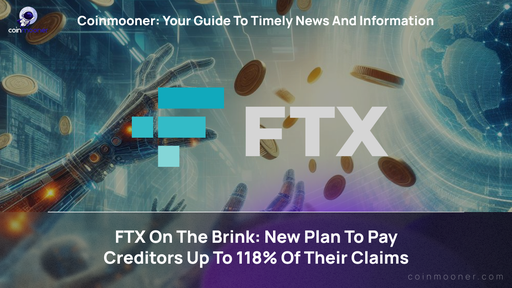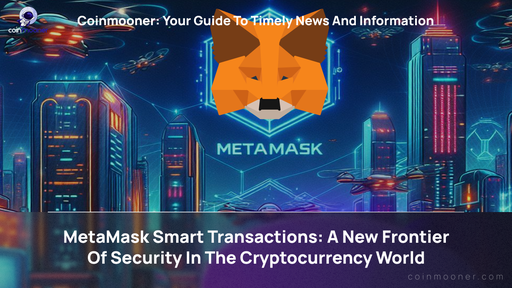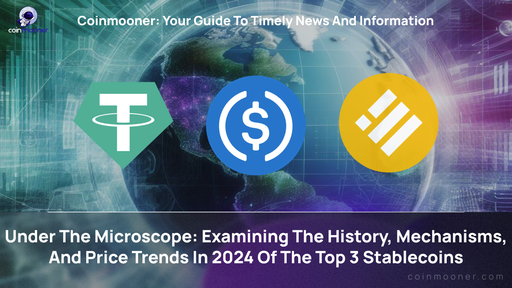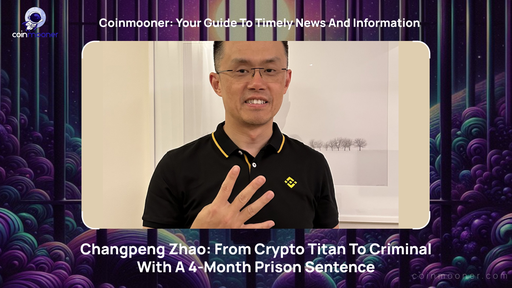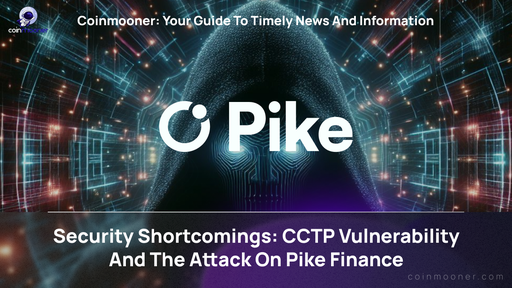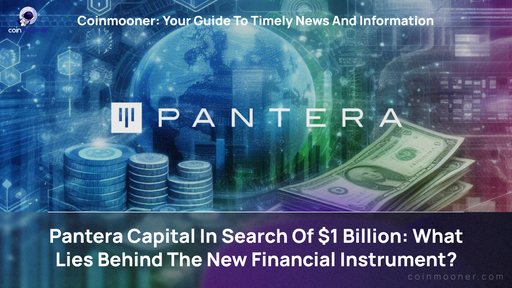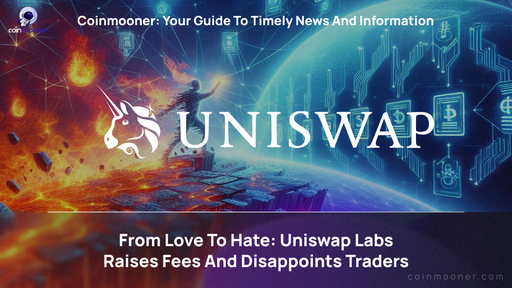Democratizing Finance: The Role of Decentralized Exchanges in the Web3 Era


In the world of Web3, amazing innovations are flourishing, driving numerous technological advancements that elevate decentralization to new heights. Breakthroughs are happening here, not only fostering the development of a decentralized world but also aiding centralized systems in adopting and embracing key updates in technological progress.
Today, our team at Coinmooner presents you with a fresh perspective on decentralized exchanges (DEX) in our analytical, news article. DEX platforms allow users to exchange cryptocurrencies and tokens directly, bypassing intermediaries and relying solely on smart contracts. We've analyzed the best DEX, evaluating trading volumes and market share in the decentralized finance (DeFi) segment, to provide our readers with the most up-to-date information on which exchanges are currently leading in this innovative realm of cryptocurrency trading.
We're confident that many of our readers might wonder why not just use centralized exchanges and why DEX exchanges aren't as well-known as the likes of Binance, Bybit, Coinbase, Kucoin, and many others. However, DEX exchanges have several advantages over CEX: high security levels due to the absence of centralized fund storage, the ability to trade anonymously, complete control over funds, and transaction data accessible to users, unlike in CEX exchanges where it's only accessible to platform administrators, and most importantly, the absence of censorship. Let's now examine the most popular DEX exchanges according to the analysis by the Coinmooner team.
dYdX

First, our team Coinmooner started analyzing one of the biggest decentralized cryptocurrency exchanges - dYdX. The trading volume on this platform in the last 24 hours reached an impressive $308,504,151.73.
dYdX isn't just another crypto exchange. It's a platform created by former Uber engineer and Coinbase software developer Antonio Giuliano in 2017. Drawing from his experience in building centralized exchanges and leading web technologies, Giuliano crafted an innovative decentralized exchange focused mainly on advanced crypto products, primarily derivatives like crypto perpetuals.
One of the standout features of the dYdX platform is its ability to facilitate margin trading in the world of decentralized finance (DeFi). It supports numerous popular cryptocurrency pairs, including Ethereum, Bitcoin, Solana, Polygon, Avalanche, and Uniswap.
However, it's worth noting that despite its decentralization, dYdX restricts access for users from countries subject to U.S. sanctions. This measure is likely aimed at compliance with regulations and legislation, guided by principles of safety and rule adherence, given that its main headquarters are in San Francisco.
ORCA

The next DEX exchange Coinmooner wants to highlight our in article is closely tied to the recent buzz around the cryptocurrency SOL. Orca is a simple and fast cryptocurrency exchange on the Solana blockchain. It allows users to trade assets, participate in yield farming, and provide liquidity. Founded by Grace Kwan and Yutaro Mori, Orca is notable for launching in February 2021 without external funding. By September 2021, its Total Value Locked (TVL) exceeded $300 million, with trading volume surpassing $700 million. According to our analysis, Orca DEX's 24-hour trading volume is $296,221,986.09.
Compared to some centralized exchanges where fees can reach up to 1% or more, on Orca, if you engage in "trading pairs," like selling SOL for USDT and then USDT for ETH, you'll pay 0.3% for each part of the trade.
HELIX

Another decentralized exchange catching our team's attention is Helix DEX. Right now, based on our personal analysis, it's the leading decentralized cryptocurrency exchange built on the Injective blockchain, tailored for decentralized financial applications. It's a platform enabling users to trade various cryptocurrencies and perpetual markets without gas fees and slippage, ensuring maximum transaction transparency.
The platform operates on the interoperable Injective blockchain, capable of supporting various assets like Cosmos, Ethereum, and Solana. In addition to trading, Helix also offers a simple portfolio feature helping users organize and manage their assets across different crypto wallets, creating a seamless experience for traders.
Developed by Injective Labs, Helix is available for use in most countries except the United States, where its usage is currently restricted. Furthermore, the platform offers a wide range of supported cryptocurrencies and ERC-20 tokens, as well as the option to utilize up to 20X leverage for trading. The 24-hour trading volume stands at $17,640,708.09, positioning this decentralized exchange at approximately 14th place globally.
VERTEX

The last, but definitely important, decentralized exchange our team Coinmooner wants to talk about is Vertex. Its recent 24-hour trading volume is $21,133,269.15, ranking an impressive sixth globally. Vertex isn't just a decentralized exchange (DEX); it's a true innovation in the cryptocurrency trading sphere.
This fantastic DEX offers a cross-margin model, catching attention with its instant trading capabilities, perpetual futures, and built-in money market, all combined in one amazingly integrated app on Arbitrum.
One remarkable feature of this decentralized exchange is that Vertex doesn't hold user assets, meaning full control over funds always remains with users on-chain. Additionally, Vertex provides incredibly low transaction latency and efficient liquidity utilization for a wide range of DeFi assets, acting as a byproduct thanks to its hybrid order book-AMM design.
The cross-layer sequential architecture system effectively helps reduce the impact of MEV (Miner Extractable Value), which is a significant advantage on the Ethereum L1 platform, ensuring instant transaction execution and minimizing the risk of miner front-running.

In today's world, verifying authenticity and maintaining anonymity are crucial for users in the Web3 sphere. The Coinmooner team believes this information will be valuable to those interested in cryptocurrencies and looking to explore alternative trading methods without relying on centralized institutions. In our recent news article, we also provided a review of some of the best centralized exchanges that allow for exchanging and legally withdrawing funds via ATMs. You can find detailed information in our article titled "Currencies of the Future: How Crypto Companies Simplify Cryptocurrency Payments for Goods."
When choosing both centralized and decentralized exchanges, we urge our readers to pay special attention to several aspects, including security, reputation, and ease of use. Cost and fee transparency are also crucial factors. Review the fee structure on the exchange and ensure it's presented clearly. Find out how much you'll need to pay for various operations, including trading and fund withdrawals. Equally important is customer support. Explore the support services available to users. It's essential to have assistance available in case of problems or questions regarding the platform.
Additionally, we remind our readers of the importance of analyzing information and seeking only reliable and up-to-date data, considering the dynamic nature of the cryptocurrency world and its constant changes. We also emphasize the importance of ensuring reliable financial protection in the crypto sphere by using advanced security methods to avoid investment losses.

